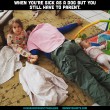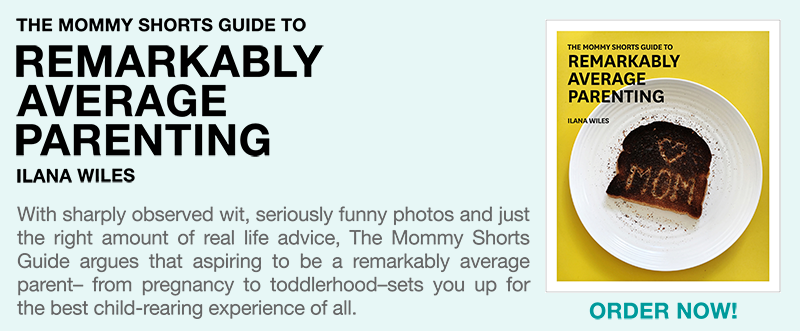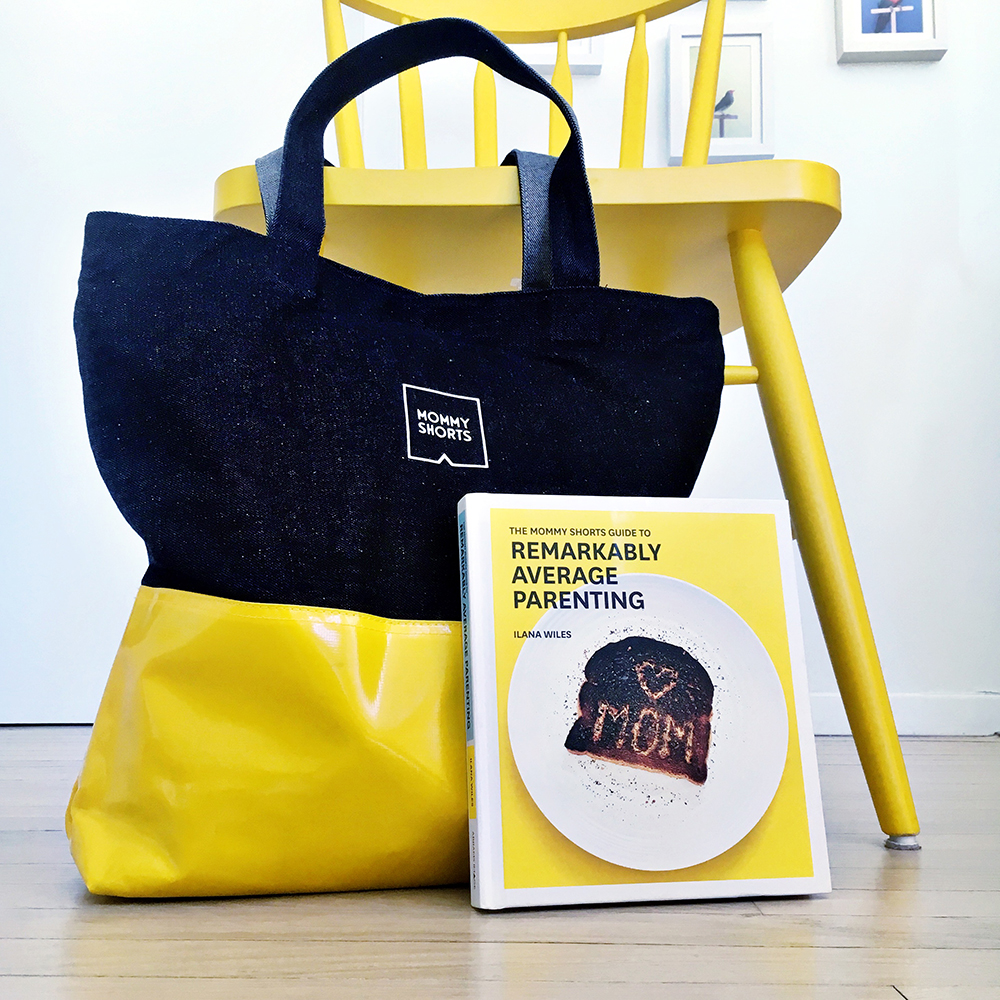
This post was written by Liz Faria.
As a mom, one of my biggest worries about the pandemic is the impact of social isolation on my children (ages 6, 3, and 1). If social distancing stays in place for months or even years until a vaccine is found, what will be the lasting effect? I wonder especially about the kids who are so young, they don’t know any different.
We are venturing into uncharted territory here.
The optimistic part of me thinks that most kids will probably be alright, especially if we’re just looking at a few months of social distancing. But doing “alright” isn’t going to be universally true; this crisis will have disproportionately negative effects on our most vulnerable kids. Not every child feels safe at home and without the mitigating forces of school (and caring teachers, coaches, counselors, and friends), they are facing a daunting and scary time ahead.
Kids who have a stable home life and their basic needs met might suffer a “summer slide” on steroids, but otherwise wind up okay. This is assuming a relatively short period of social isolation. But what if a whole cohort of kids doesn’t have access to playing with friends for an extended amount of time?
History has examples of kids separated from parents, and a lot of what we understand about attachment comes from these cases. But a long-term halt to peer interactions would be unprecedented, even among kids who grew up with major conflicts like war as the backdrop to their childhood. This is a massive psych experiment happening to our kids in real time. And as a mom, this worries me.
I’m especially concerned for my 3-year-old, who is at an age where learning how to engage well with other children is critical. My 6-year-old has already developed these skills to some extent (although like all Kindergarteners, he is still practicing). I hate to see him without his friends, but I’m thankful that he has a few years of playing with kids his age under his belt. Plus, at six, he’s at least able to ride bikes with friends from a distance, and have FaceTime playdates. My toddlers are too little to navigate either of those things effectively.
It’s hard to see little kids miss out on the fun of play with friends, but it goes well beyond that. Young kids learn essential social skills through play. They rely on peers to help learn perspective-taking, cooperation, communication, and even morality. It’s through these natural, peer relationships that kids become skilled at navigating the world outside of family life. James Coan, a professor who studies the neuroscience of human connection at the University of Virginia, said, “For younger kids, in particular, missing out on play with peers could take a toll. Play facilitates cognitive development.”
On the positive side, siblings can provide some peer interaction, if siblings are on hand and close enough in age. And many parents are reporting that their children seem to be thriving in quarantine. Lots of parents have noted that their kids actually seem happier and more relaxed. It will be interesting coming out of all of this to see what kind of changes families decide to make. For instance, it wouldn’t surprise me if people cut back on extracurriculars, having seen the benefits for kids of living at a slower pace.
On my own blog, I asked other parents what their biggest concerns were, and many shared my worries about the social impact of the pandemic on their kids, more so than the academic losses, or fear of the virus itself. I think it’s just such uncharted territory, it’s hard not to wonder. But I do know that in general, children are adaptable and resilient. I’m hoping that my kids (and yours!) will come out of this without issues that will carry over into the long-term. In the meantime, I’m doing what I can to help my kids have interactions with their peers in a safe way.
My 6-year-old is allowed to have FaceTime playdates whenever he asks for them. I’m not counting this as screen time, and I’m not micromanaging him during these times at all. Half the time he and his friends are just yelling into the phone and running around like lunatics— and I’m good with that! That’s their way to play right now and I think the last thing they need is an adult telling them how to do it properly.
In the neighborhood, I’m letting my Kindergartener ride his bike or scooter, so he can see other kids out and about and not feel like he’s alone. The bikes help create natural distance from other kids.
My family is trying to come up with creative ways to socialize this summer while keeping safe. We’re considering putting a large projector screen up in the backyard, and inviting cousins over to sit on picnic blankets spaced throughout the yard. Every family can bring their own food, and we will stay outside. It will be a way to see others from a distance, almost like having a drive-in movie theater at home.
Lots of older kids like to play video games online with their friends, and are already well-versed in socializing through technology. Teens with cars can social distance in a parking lot by setting their cars in a circle with an appropriate amount of space apart and sitting on the trunks to hang out with each other. I have friends whose kids are happy doing this.
For each age group the challenges are different, and the impact will be different depending on where a child is at developmentally. Not every kid will have a similar outcome from all of this. Some kids are naturally more resilient, and some are just more introverted than others. Every family and situation is different. And it’s still much too early to have any idea at all what this will mean for our kids long-term.
I’m really hoping that prolonged social distancing won’t be detrimental for kids. But I would be lying if I said it doesn’t worry me.
—————————–
Liz Faria is a Mommy Shorts contributor and a licensed independent clinical social worker. She’s has been working with children and families for 19 years and chronicles her own tales of motherhood on her blog A Mothership Down.
























